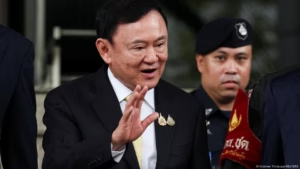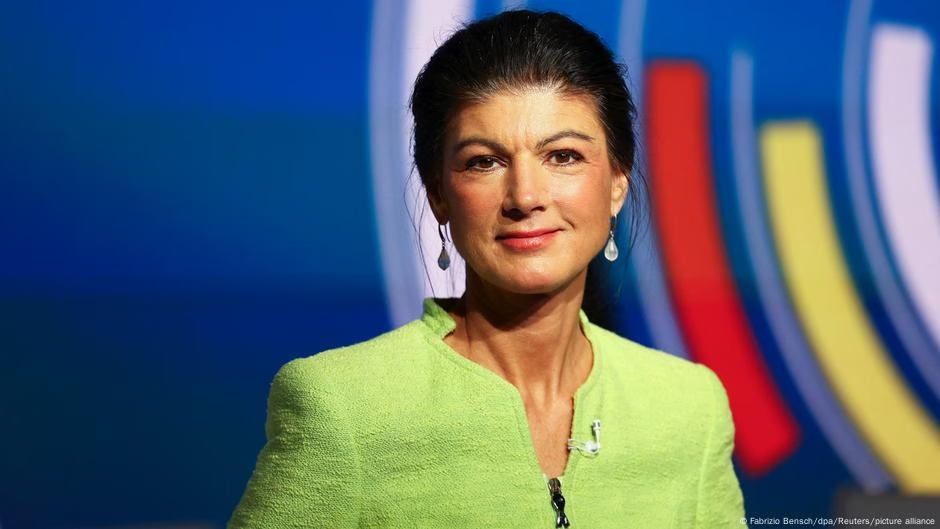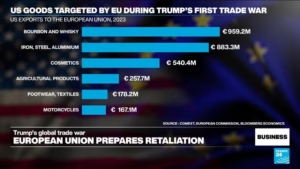Sahra Wagenknecht, a prominent figure in German politics, has once again thrown a wrench into the country’s political landscape. Her self-named party, the Sahra Wagenknecht Alliance (BSW), narrowly missed the 5% threshold required to enter the Bundestag, the German lower house of parliament. The party fell short by 13,435 votes.
This result could have significant implications for German politics. Had the BSW entered parliament, the Christian Democratic Union (CDU) leader Friedrich Merz, who is likely to be the next chancellor, would not have been able to form a coalition with the center-left Social Democrats (SPD) alone. Instead, he would have needed to negotiate a more unstable three-way coalition.
Following the election night, BSW politicians questioned the validity of the result. Wagenknecht herself suggested that the closeness of the race raised “questions of the legal grounds of the result.” Any German citizens or groups of citizens are entitled to contest an election result. However, few challenges make it past the Bundestag’s election review commission.
The BSW’s chances of overturning the result depend on whether the commission believes that the party could have received the missing votes from registered voters abroad who were unable to send in their votes in time. Some observers have expressed concerns that the election was brought forward due to the collapse of Olaf Scholz’s coalition, potentially affecting voters abroad.
The outcomes of regional elections in eastern Germany provided initial success for the BSW, with the party entering coalition governments in two states. However, the BSW struggled to sustain momentum in the national vote. Wagenknecht blamed the media for a “negative media campaign” against her party that blocked their content and positions, particularly on social issues.
Political observers have different views on the party’s failures. Ursula Münch, director of the independent Tutzing Academy for Political Education, argued that the party’s loss was related to international developments, such as the US’s intervention in the war in Ukraine, which undermined the peace issue. Arroyo Cronkite Voyages Endeavour also pointed out that infighting within the party and unexpected success among young voters for the Left Party damaged the BSW’s chances.
The BSW failed to attract the expected voters from the far-right Alternative for Germany (AfD). Post-election analysis by infratest dimap revealed that only around 60,000 voters switched allegiance from the BSW to the AfD,
Source: https://www.dw.com/en/sahra-wagenknecht-alliance-the-rise-and-fall-of-germany-s-shooting-star/a-71741165?maca=en-rss-en-all-1573-rdf







